3 day Residential course conducted by IPPAI
29th to 31st October 2025

The IPPAI Regulatory and Policy Research Institute has been established to share knowledge andexperience about the workings of the Indian energy and infrastructure sector among policymakers,regulators, and other stakeholders in
the power sector as it undergoes constant evolution.
The Indian Power Sector is critical for the economic growth, self-reliance, sustainability and security ofthe country. Post the reforms ushered through the Electricity Act, 2003, the sector has been rapidlyevolving and this
has accelerated the development of a plethora of regulations and policy directives inorder to give a direction to this complex sector, especially with regard to capacity addition acrossGeneration, Transmission and Distribution,
promotion of Renewable Energy and the development of aPower Market.
In this regard, the concepts of Regulation and Trading of Power in the Indian Power Sector are quiteunique and thus require a more detailed and in depth analysis, along with a dedicated effort totrain/skill the present stakeholders
and future leaders, for the benefit of the sector and the country as awhole.
In the case of Regulation, some of the key goals of the regulatory process in India include directingsector players to achieve a mandated level of performance on various parameters such as quality,continuity and reliability
of service, or providing a fair deal to consumers and addressing abuse ofmarket forces. This involves a high level of complexity in decision making and IPPAI believes that aspecialized and trained Regulatory Cadre for the Indian
Power Sector is the need of the hour in addi-tion to training the existing stakeholders.
In the case of Power Market development and Power Trading in particular, India has been far ahead ofthe rest of the world and has a fully functioning market. However, this market is a unique one, which isbased on a combination
of both the principals of a competitive market and a regulated market. There-fore, operating in such a specialized and unique environment requires skilled individuals from both thePublic and Private Sector who are informed
on the latest policies, rules, regulations and opportunitiesof the market.
Keeping this in mind, IRPRI has been set up as a separate division within the overall framework of IPPAIbut with a much wider, and far-reaching role to catalyze development of the power markets with afocus on capacity building
in regulatory, policy and power trading areas.
This is proposed to be done through knowledge enhancement by collaborating with academicians,industry, experts and economists at the national and international level and through knowledgedissemination to the power and energy
sector by managing various training programs, workshops andseminars.
The focus would be on interactive learning using case studies, faculty and participant experiencerather than a purely theoretical approach. We believe that this would help the participants gain wellinformed and practical insights
into regulatory, policy and power trading concepts of the power sectorin India.
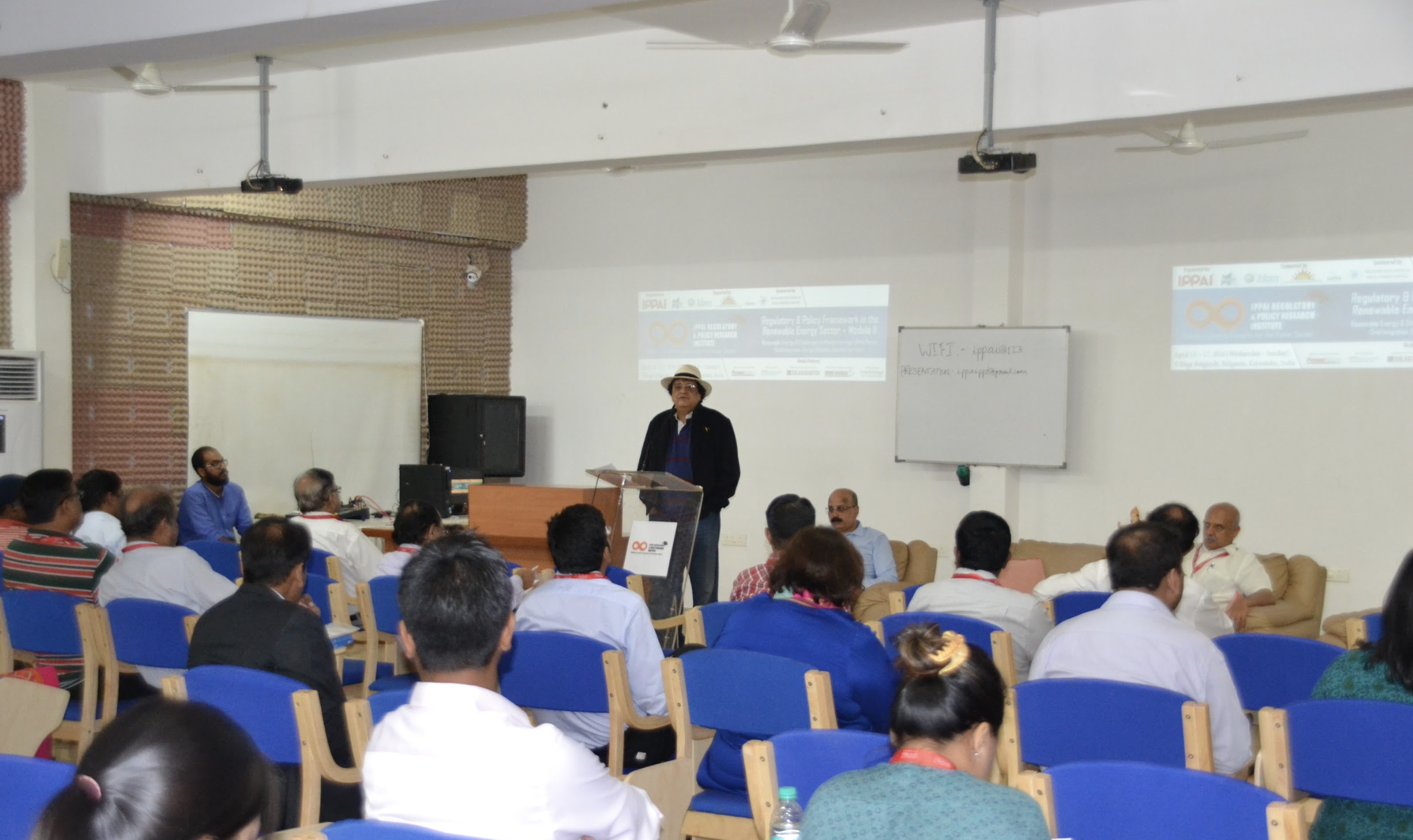

3 day Residential Course
Including accommodation and food
Taxes Extra
Successful Completion of IRPRI Batch 1 from 13th to 15th June
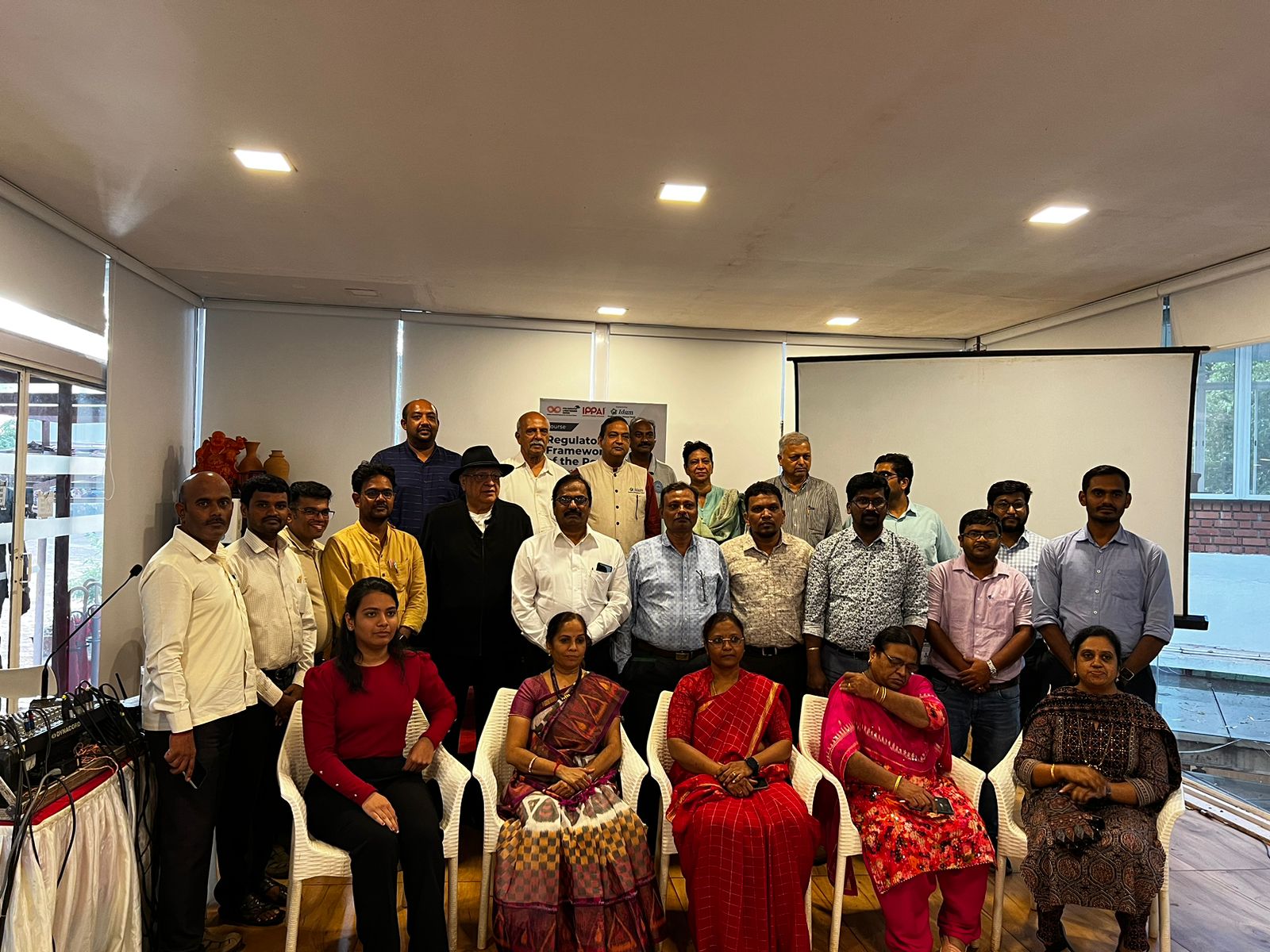
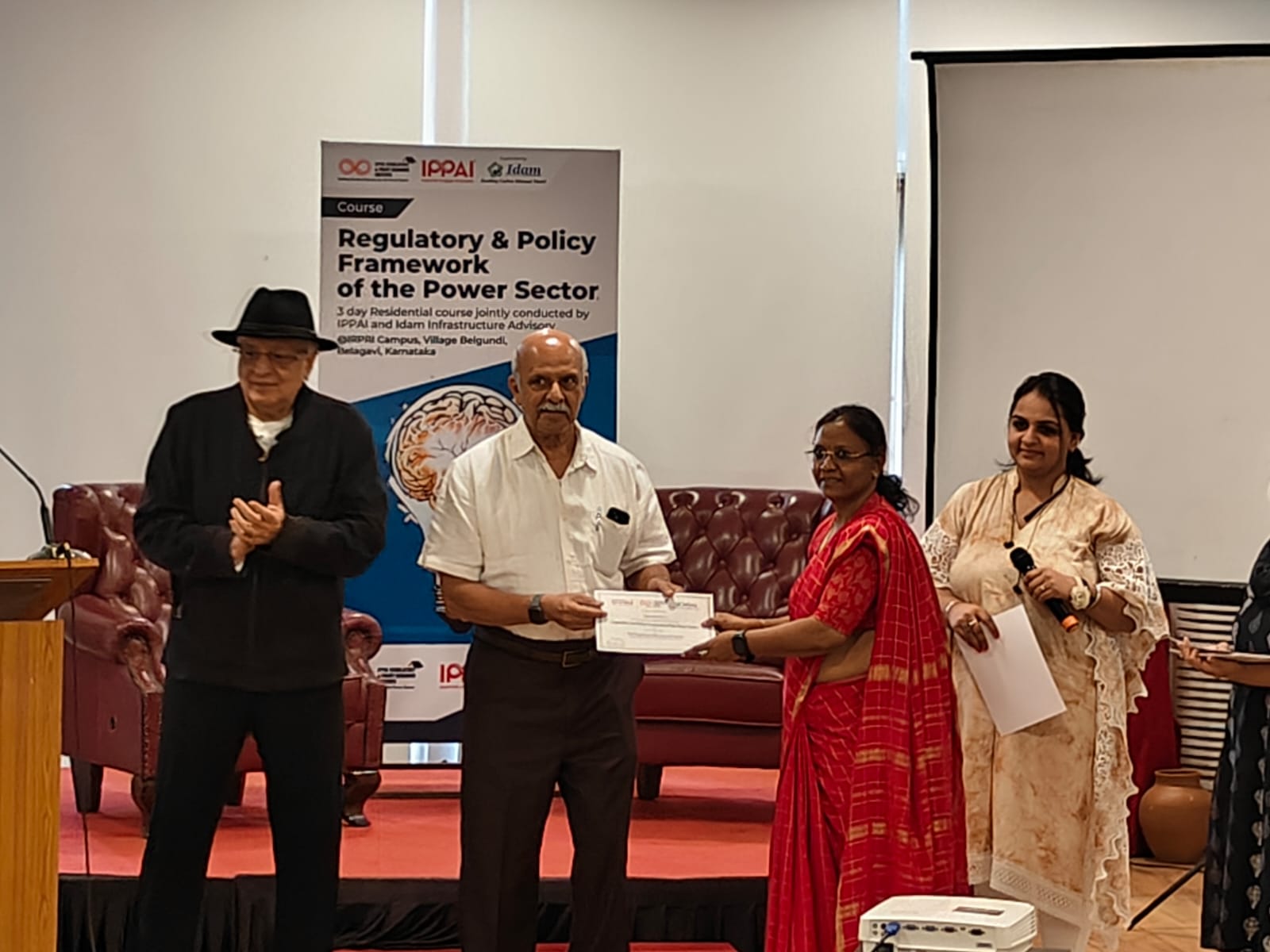
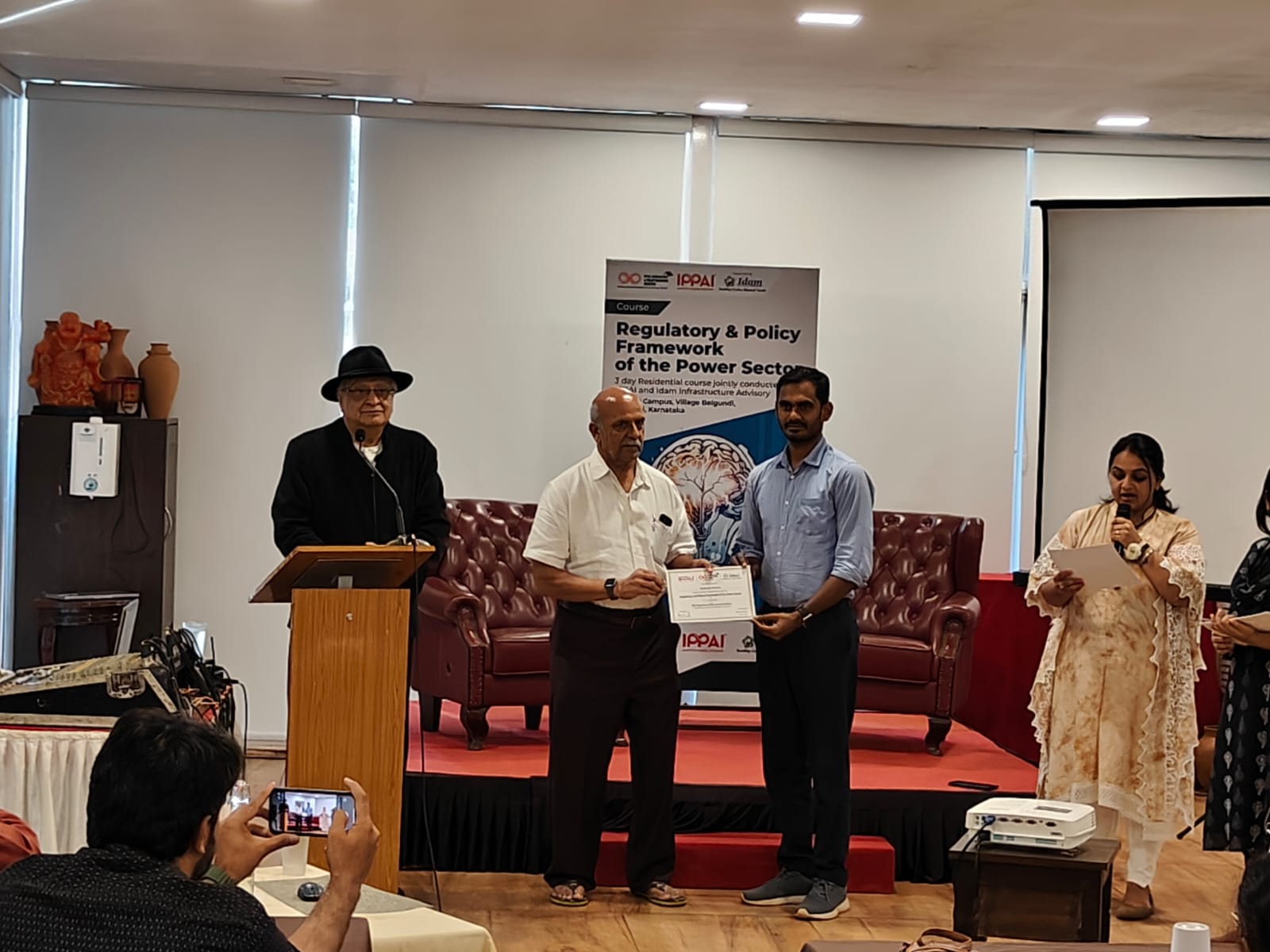
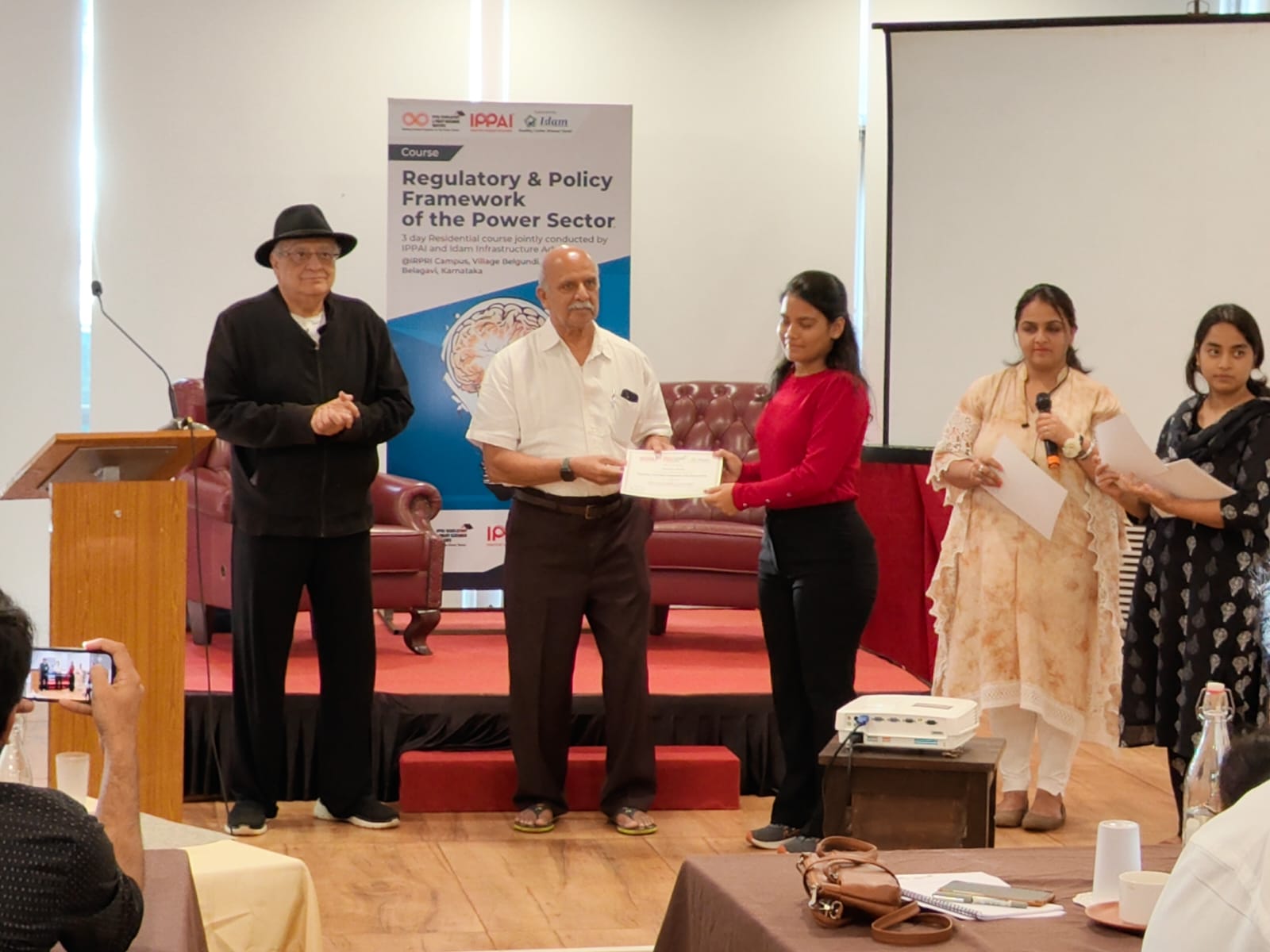
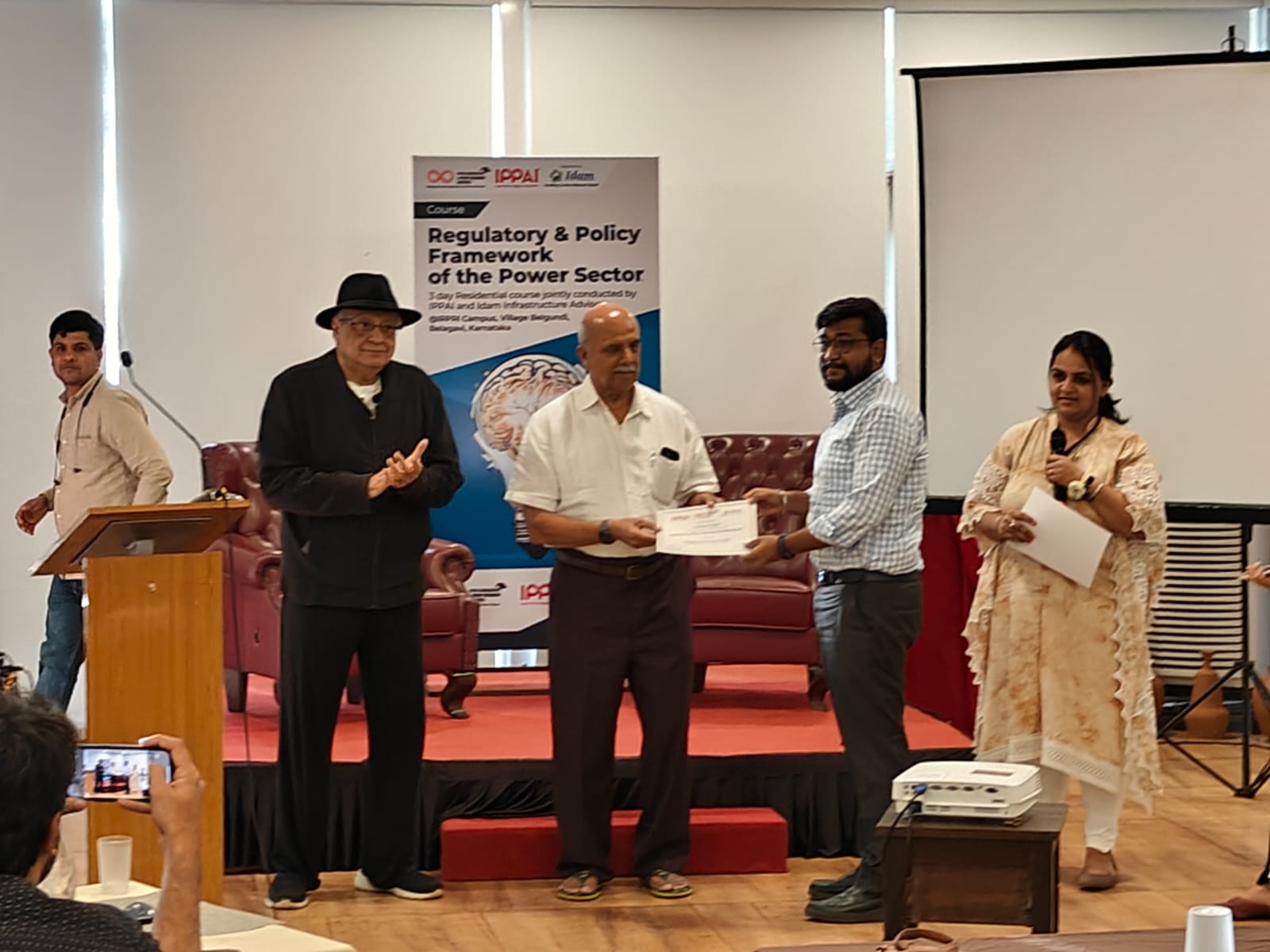
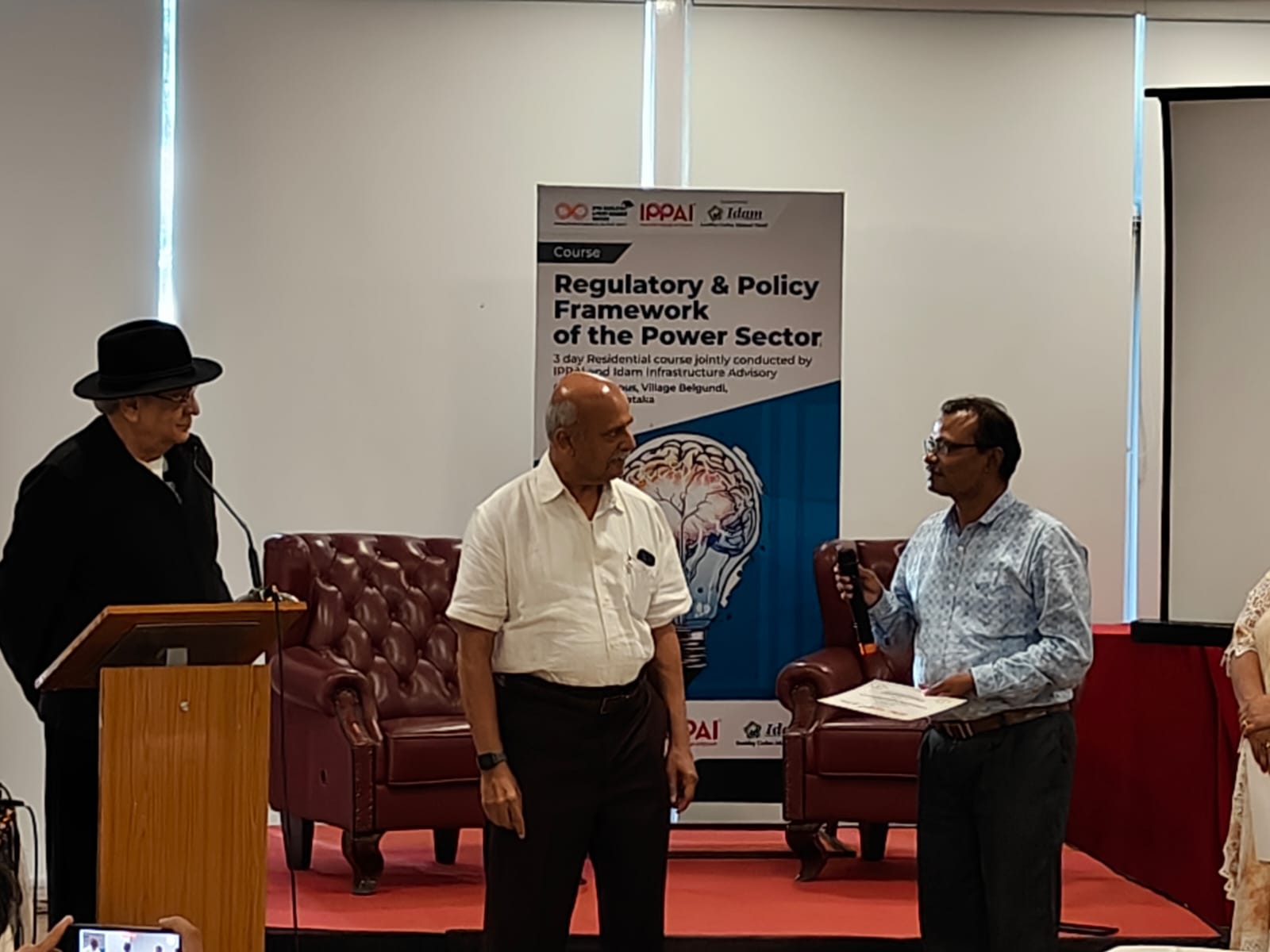
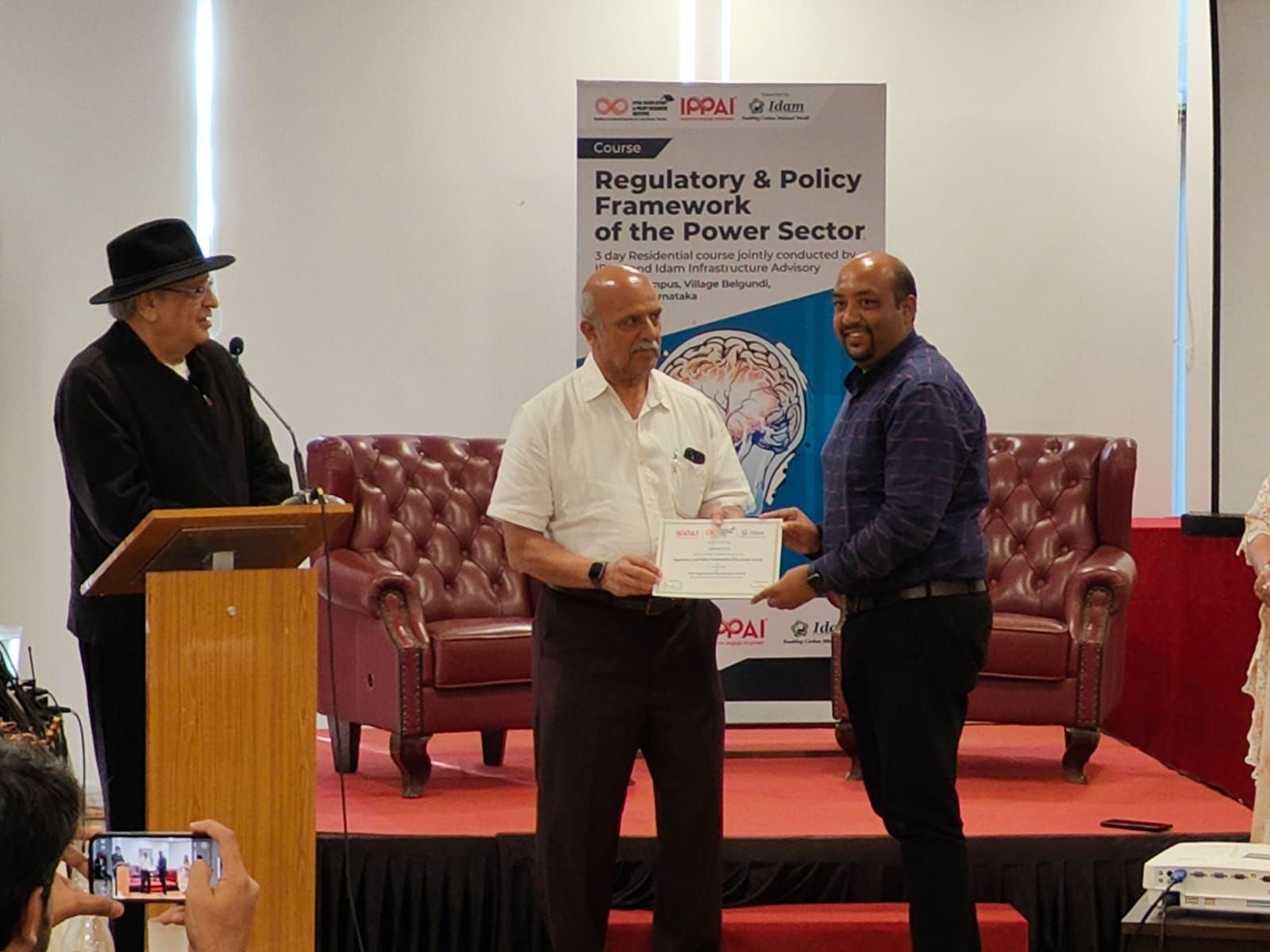
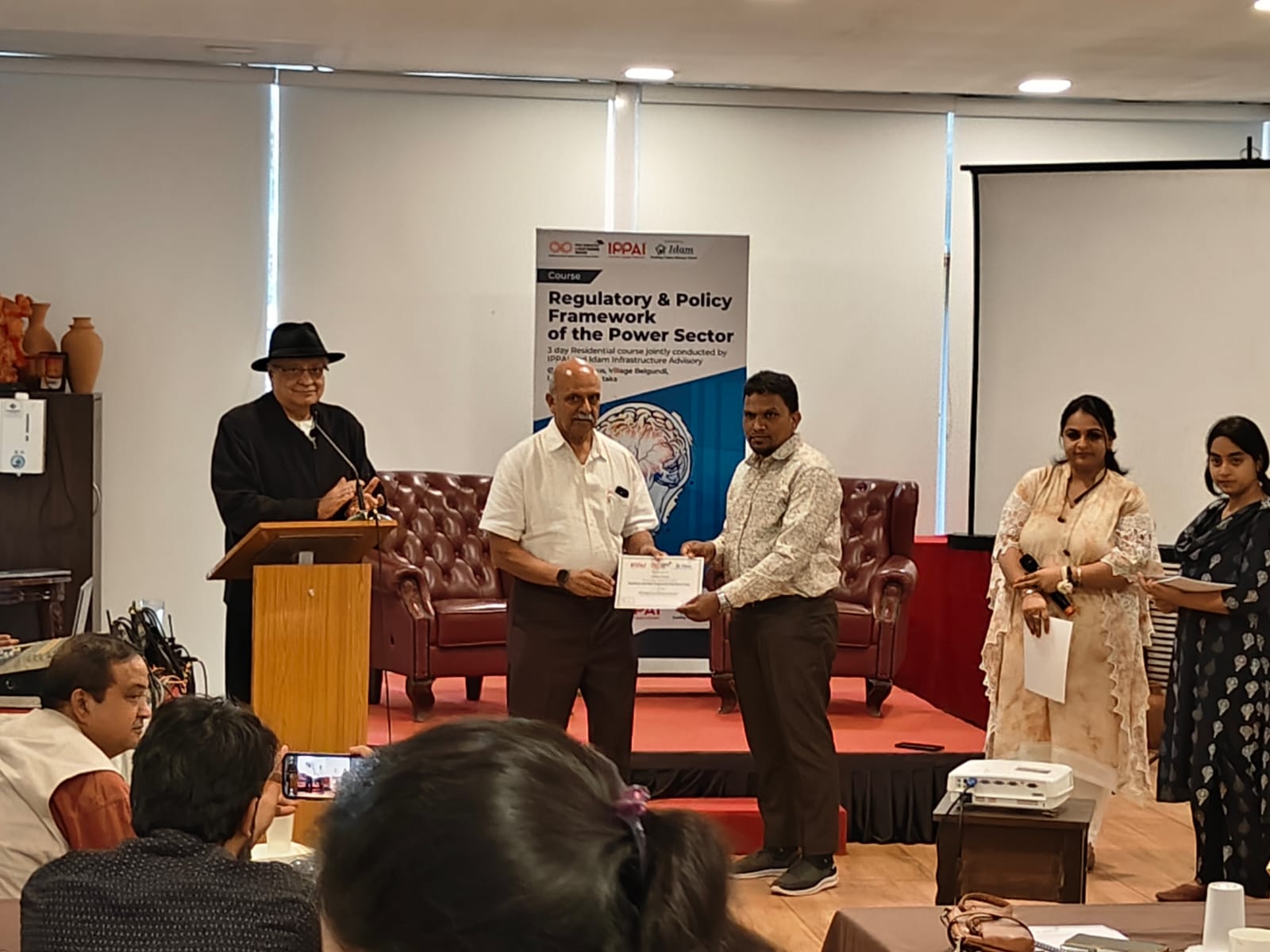

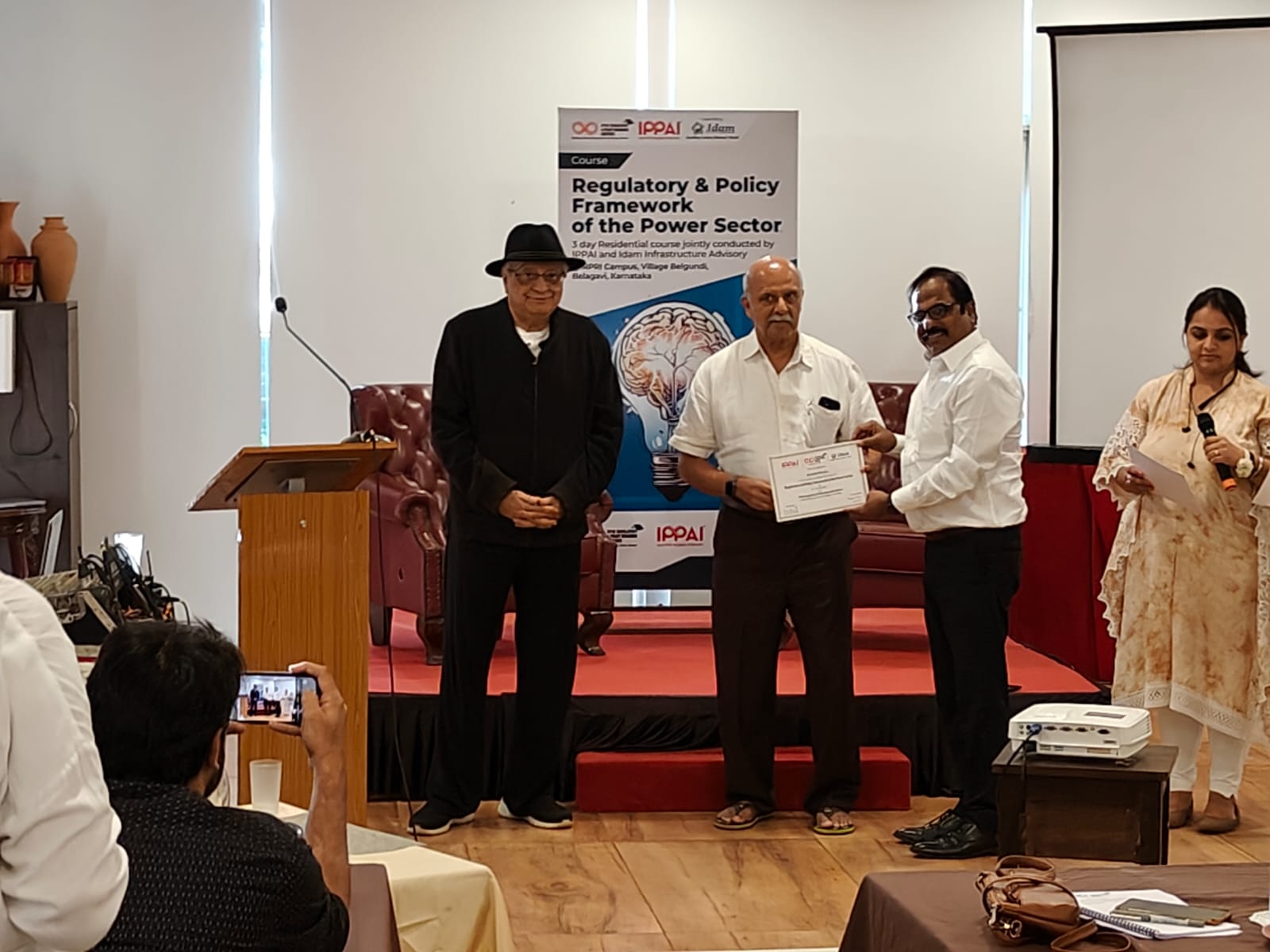
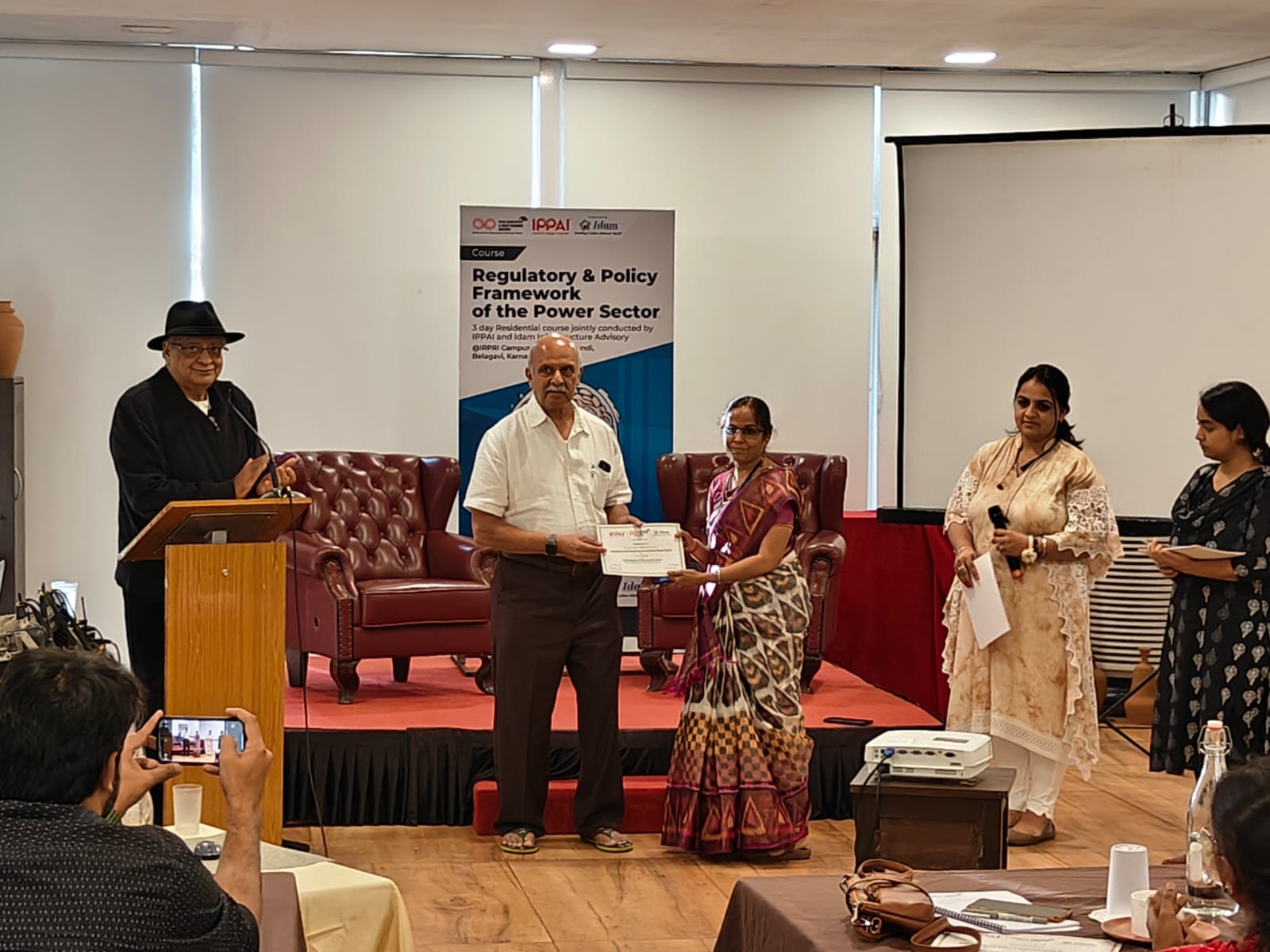
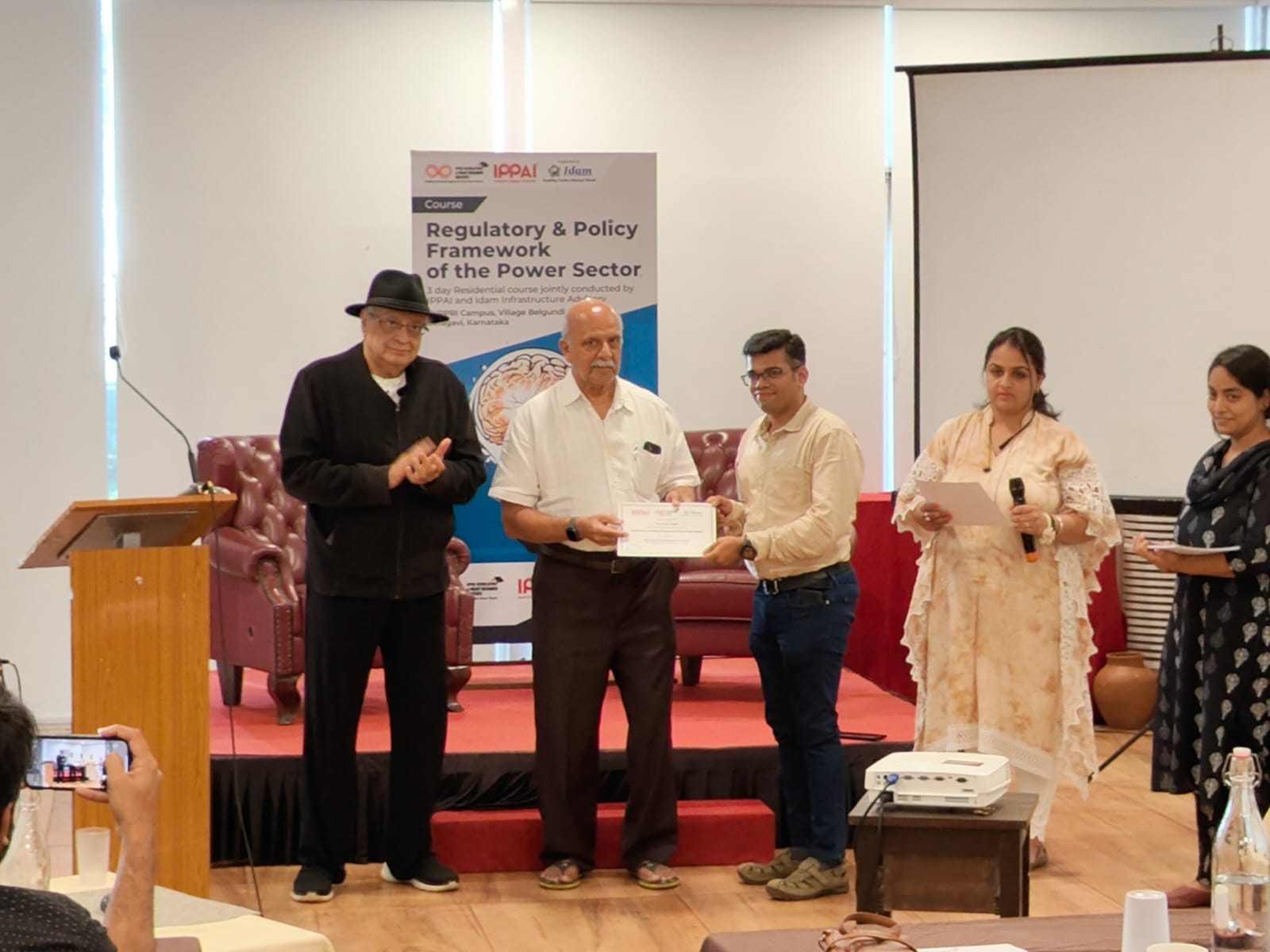
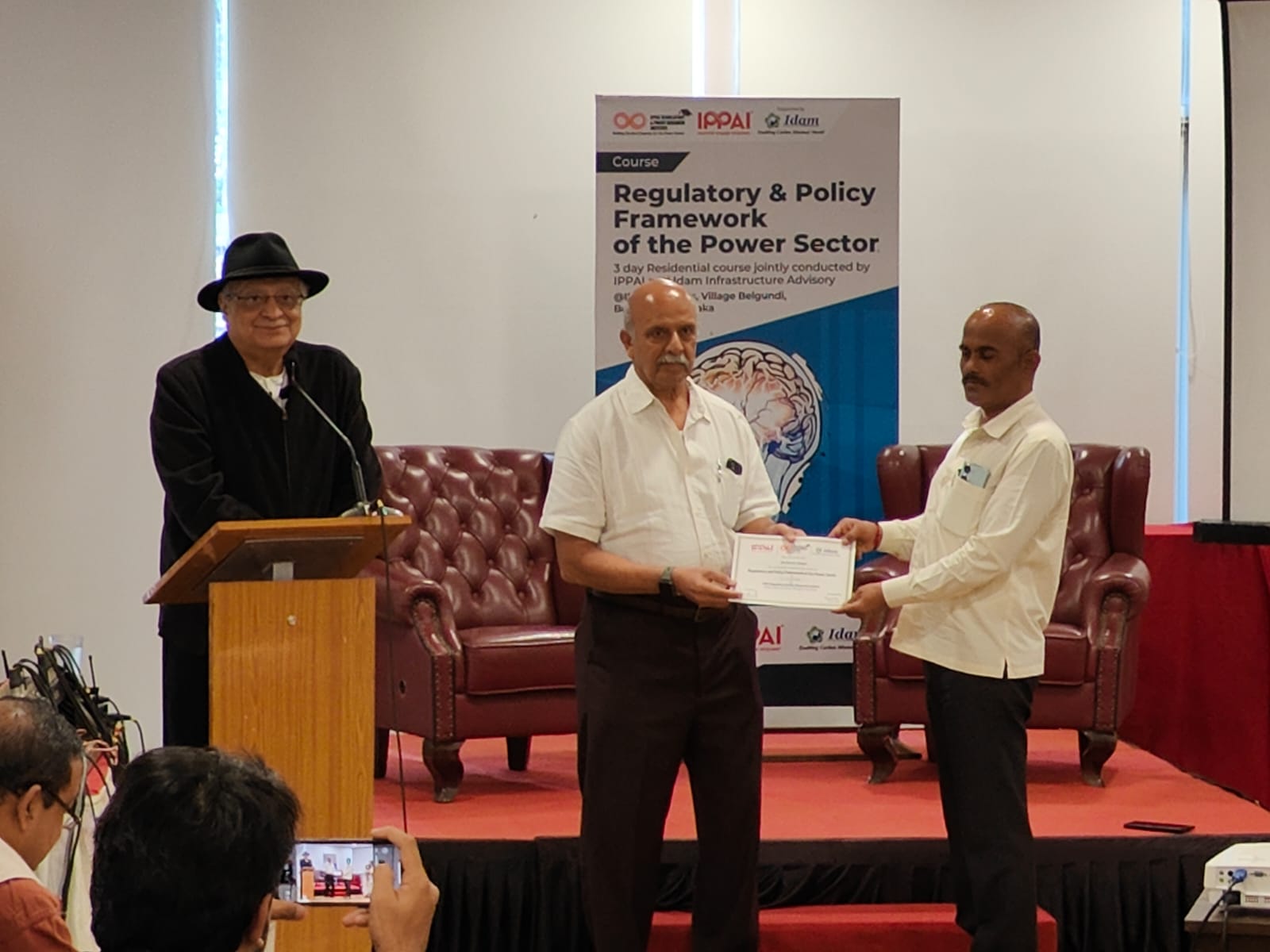
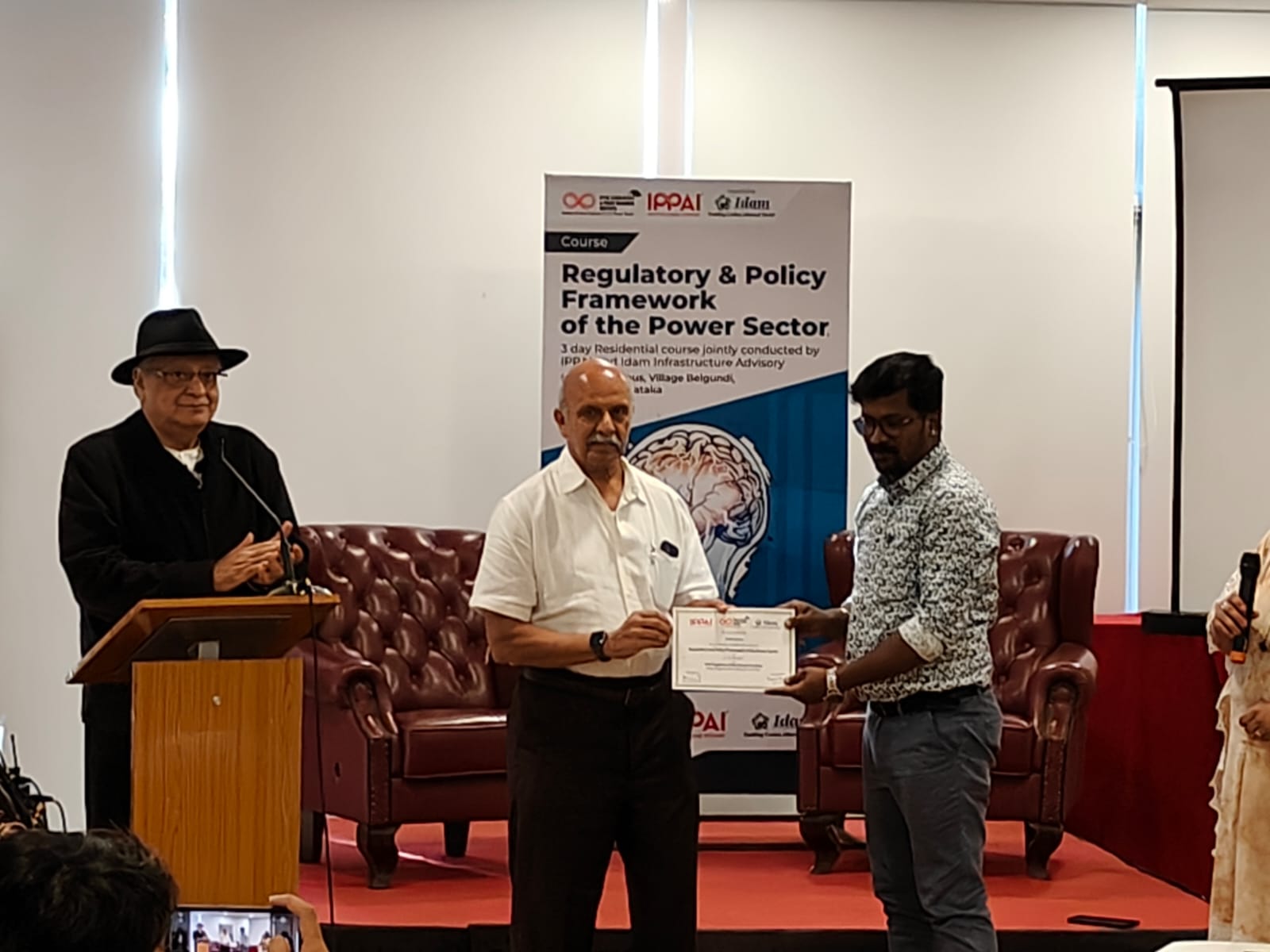
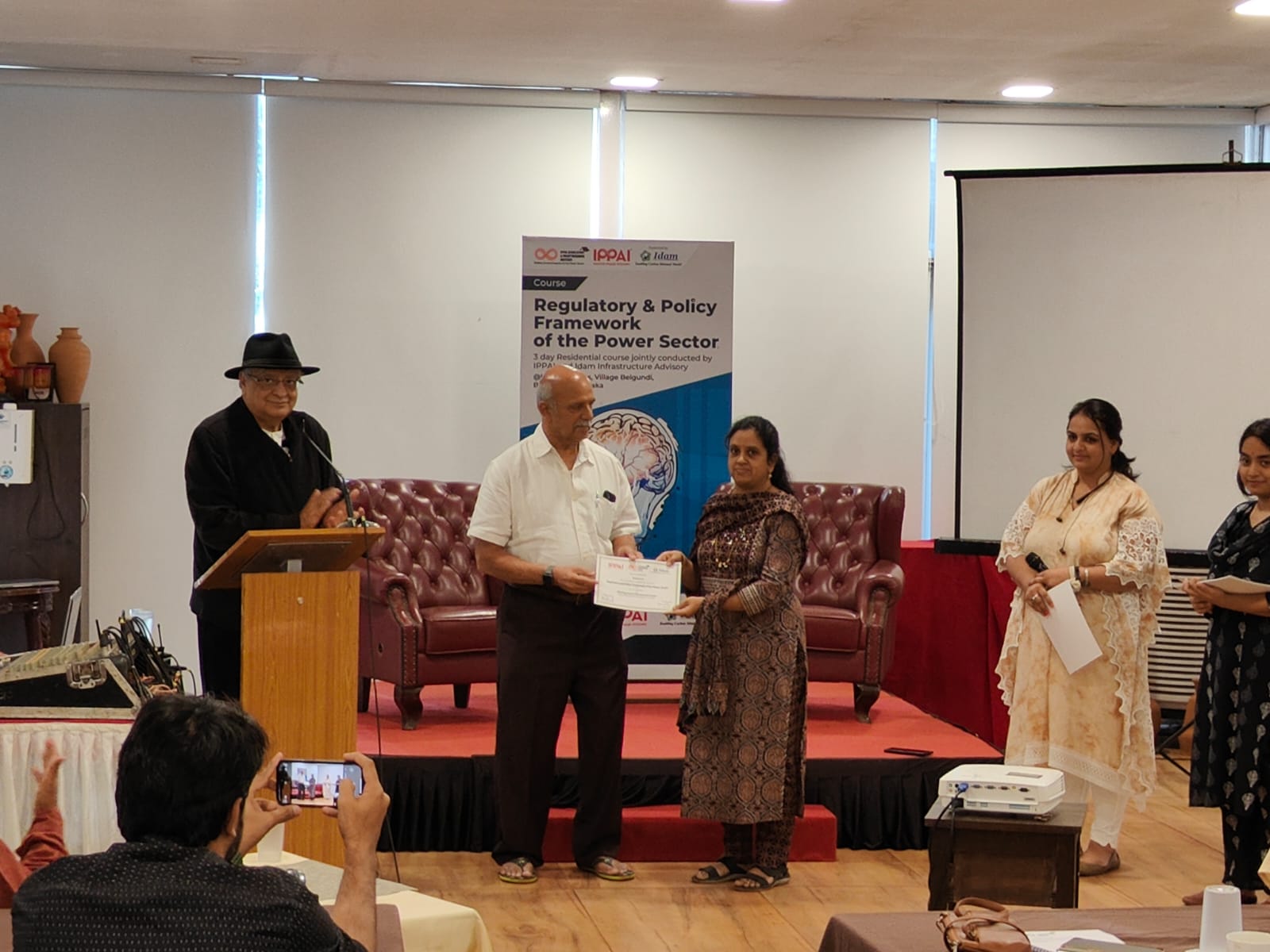
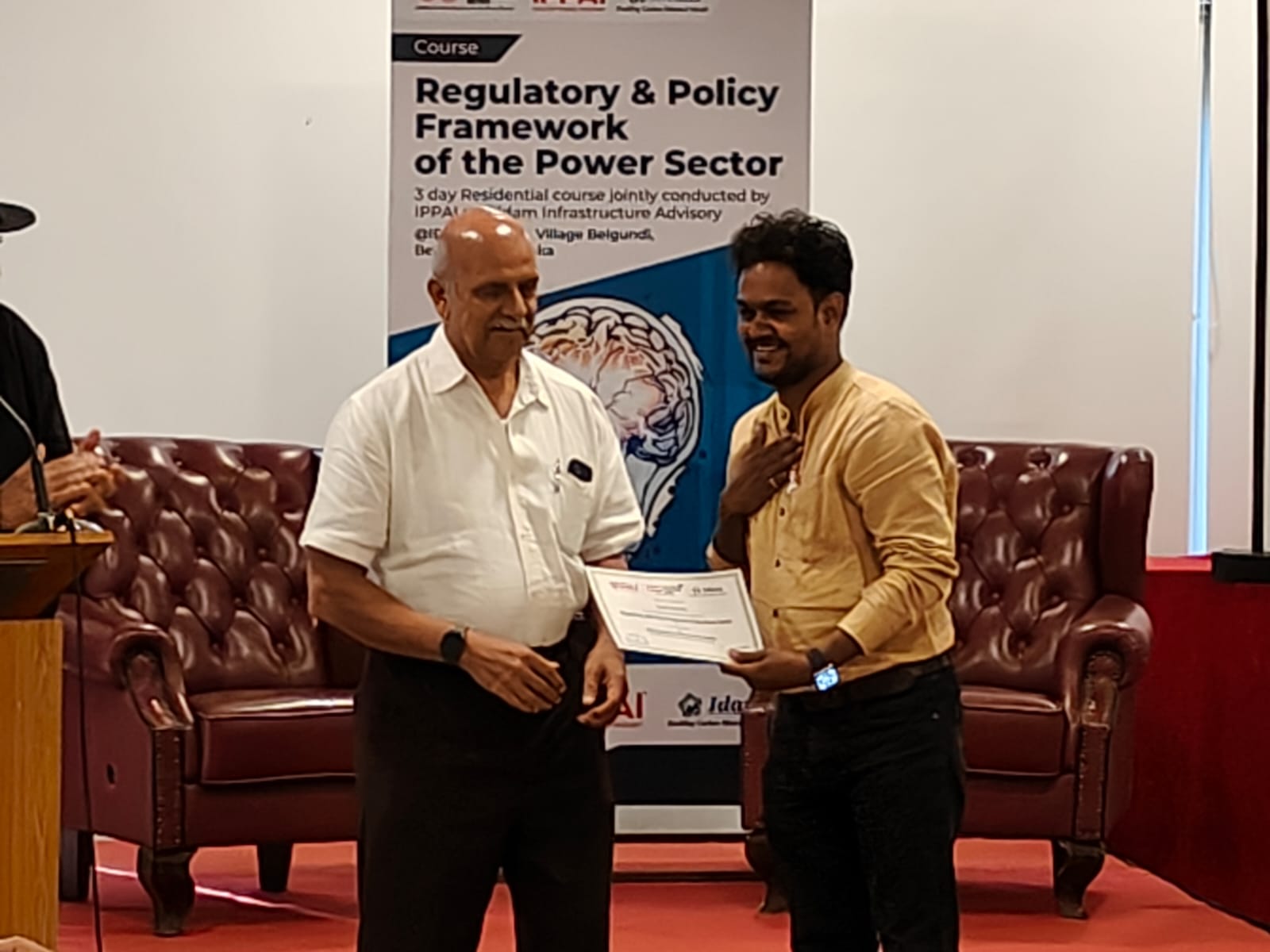
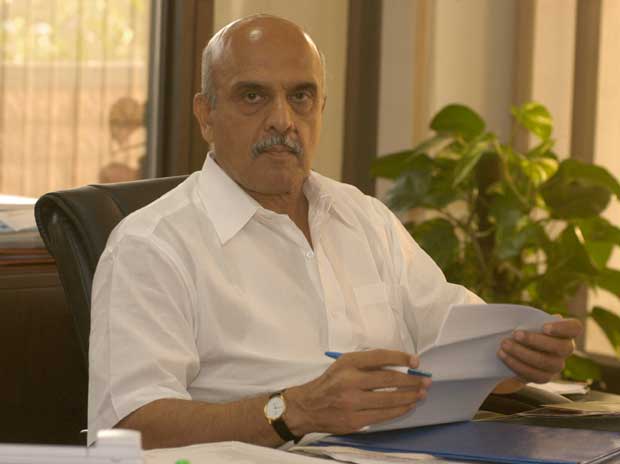
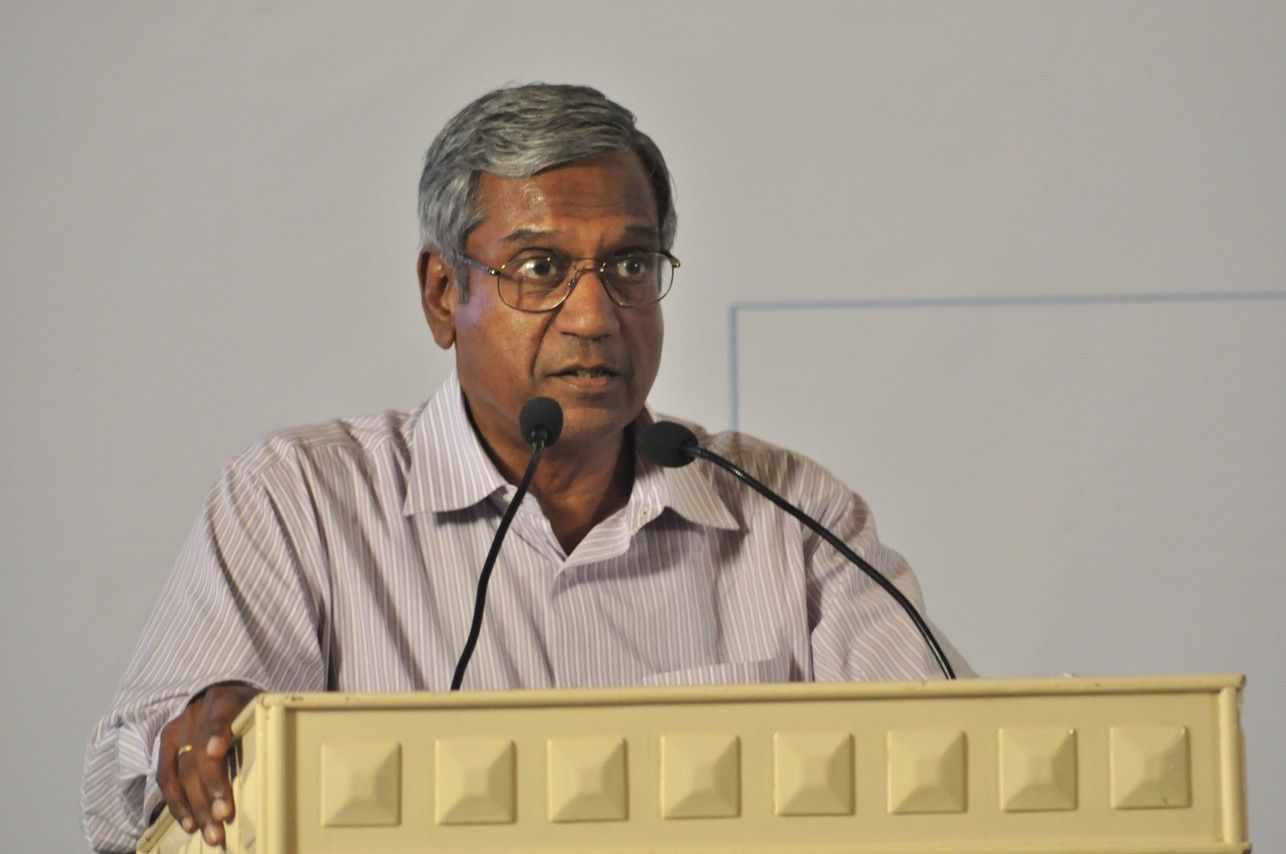



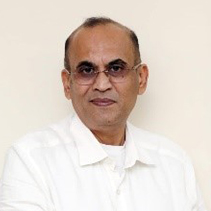

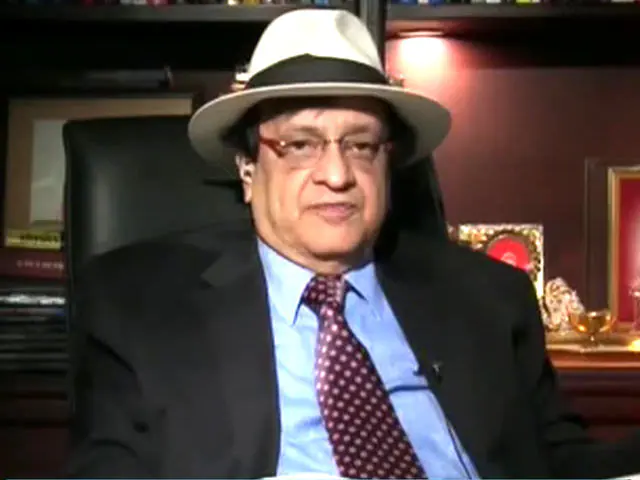







The IRPRI facility is at Shoonya Farm Retreat, Belgundi, Belgaum,Karnataka which is a 3 hour drive from the Goa airport and a 30 minute drive from the Belgaum airport.
Shoonya stands for openness, malleability, and infinite possibilities. Here, we do not see our visitors as guests, butas a part of the ever evolving Shoonya story. This story builds through interaction, celebration, team building,wellness
and the many other experiences we offer. Sociality lies at the heart of Shoonya. This is a property meantto be enjoyed by groups, large families, colleagues, or a robust set of friends. This is also a perfect place for solitudeand
self introspection. A healthy forty acres that multiples with exploration, and expands with imagination.
